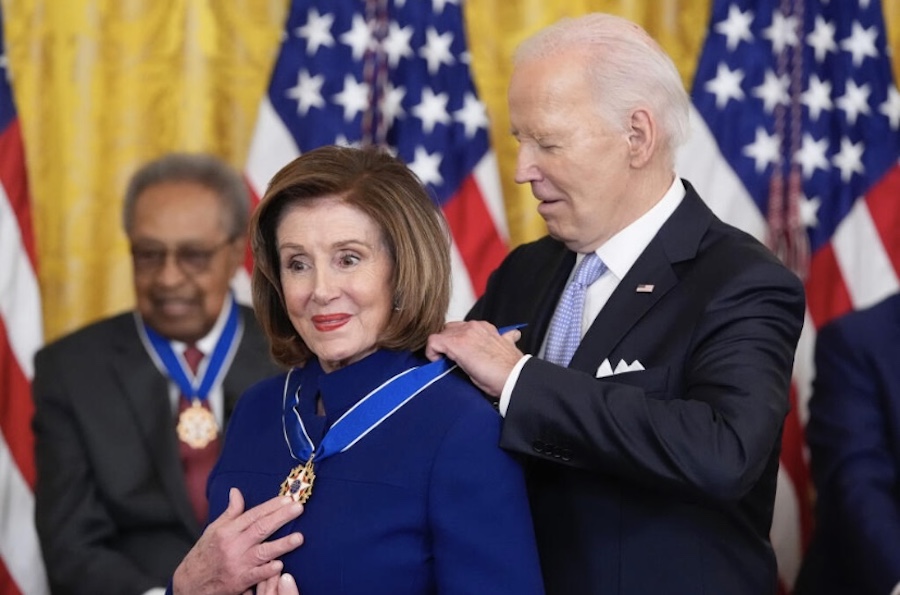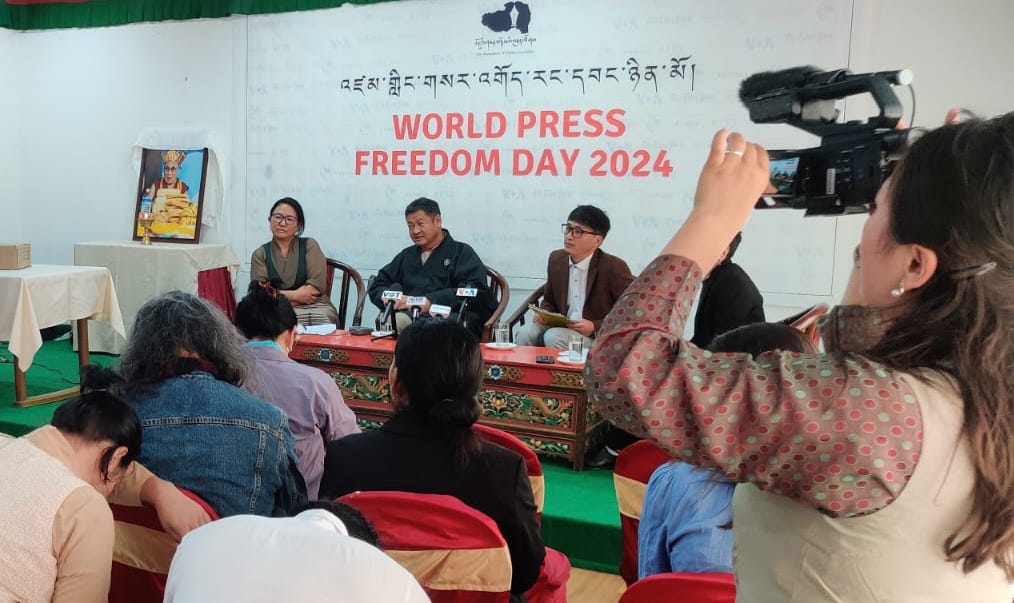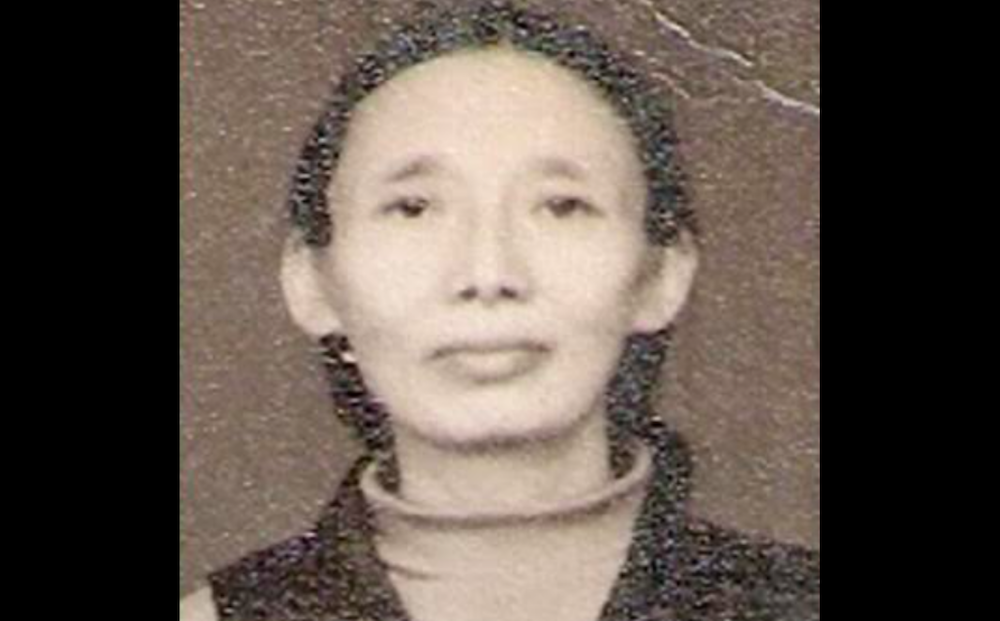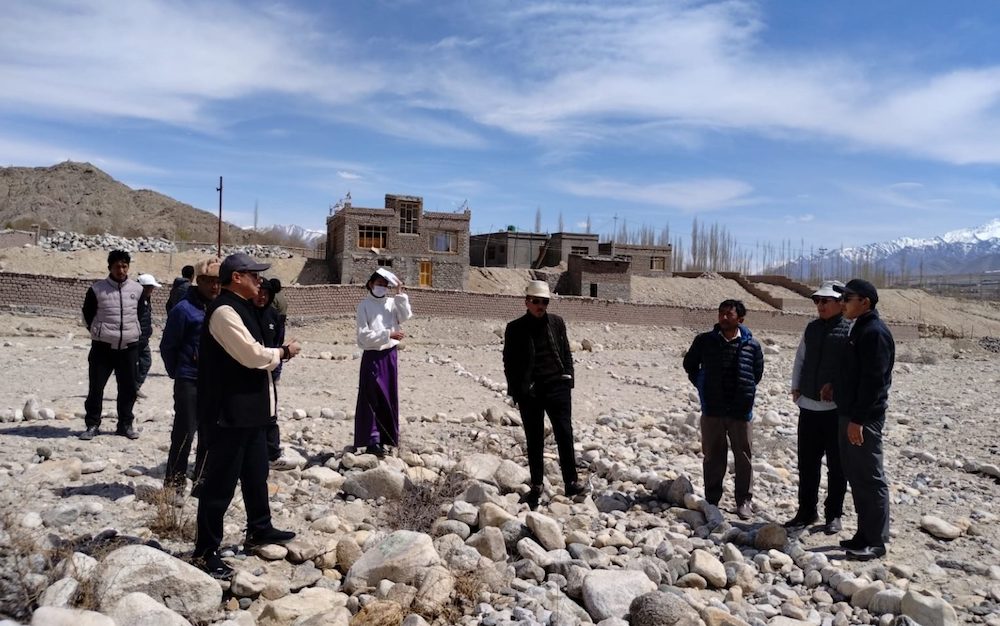By The Hon. Warren Allmand
Special to WTN
China’s new Premier, Wen Jiabao, is visiting Canada for the first time and as fate would have it, he arrives in our nation’s capital on International Human Rights Day. Wen will address Canada’s business community and be honoured at a State dinner hosted by Prime Minister Chrétien. One can expect a deluge of speeches praising China’s emergence as an active player in the international arena and hyping the opportunities China offers for trade and investment. One can also expect that references to China’s egregious violations of international human rights standards will be very far from the official agenda, likely relegated to private discussions between junior officials.
The past eight years have been a frustrating experience for Canadians advocating a human rights policy towards China. Once firmly rooted in a multilateral approach, our China policy since 1997 has been one of off-the-record, behind-the-scenes soft talks that have effectively eliminated any public pressure for change. Human rights advocates have watched helplessly as Canada repeatedly exempted China from its obligations not only to international treaties, but also to our own foreign policy that claimed to prioritize the promotion of human rights and the multilateral process in place to protect them. No doubt, Wen will expect more of the same. Human rights advocates seeking a stronger reflection of Canadian values in our relations with China, are demanding change.
Although Wen will be greeted in Ottawa by Jean Chrétien, it is Prime Minister-elect Paul Martin’s approach that will capture the attention of Canadians who are seeking the re-integration of human rights into Canada’s China policy. Martin has cast himself as the harbinger of a new era in Canadian politics – an era in which economic policy will serve a broader “national purpose”. Martin’s words provide hope and the expectation that our nation’s new national purpose will reflect Canadian values such as human rights, social justice and democracy; not just when just when power relations are weighted in our favour but equally and especially, when they are not.
In accepting the Liberal Party leadership, Paul Martin emphasized that Canada’s new foreign policy will balance economic concerns with the deeply held conviction of the Canadian people that we must also champion a better life for the world’s poor, vulnerable and victims of conflict. Perhaps more significantly, Martin promised that as Prime Minister, he would respect the voice of parliamentarians who he considers to be the people’s messenger to Ottawa. In no relationship will these commitments be put more to the test as they will within Canada’s relationship with China.
A key indicator of Martin’s commitment will be his willingness to raise the thorny issue of Tibet during his meeting with Premier Wen. The Canadian people wish him to do so. They have convinced more than a third of the Canadian parliament – 126 MPs – to write to Canada’s Prime Minister urging him to serve as honest broker between Beijing and representatives of the Dalai Lama in an effort to jump-start full negotiations aimed at resolving the Tibet issue.
The timing couldn’t be better. The Dalai Lama, who received the Nobel Peace Prize in 1989, will visit Canada in April 2004 and is expected to request Canada’s help in bringing China to the negotiation table. His request will be the latest in a series of initiatives undertaken since 1959 in order to resolve the Sino-Tibet conflict without the use of violence. In 1987 he released his visionary “Five-point Peace Plan” and in 1989, at the European Parliament, he issued the “Strasbourg Proposal” which accepted Tibet’s political status as an autonomous region within China’s borders. Together, these two proposals form a mature and suitable basis for Sino-Tibet negotiations, but China’s leadership has consistently refused to acknowledge them.
During the past year, there have been promising signs that China’s new leadership may now be ready to respond to the Dalai Lama’s proposals. Two visits to Beijing by special envoys of the Dalai Lama have established a fledgling dialogue that appears poised to evolve into full-fledged negotiations. Visionary and skilled diplomacy on the part of a respected national leader, such as the Prime Minister of Canada, could make the difference.
Paul Martin’s Canada is poised to step forward, assume international leadership to make it happen. He need not antagonize Beijing by taking a position on Tibet’s political status. Rather he need only respond to Parliament’s request that he broker negotiations, that he champion dialogue as a response to conflict, and that he promote the very international standards that form the bedrock of Canadian values and democracy.
This is the moment for Paul Martin to show Canadians that his leadership indeed heralds a new national purpose. This is the moment for Premier Wen Jiabao to honour his reputation as a reformer. This is the moment for the Tibetan people to finally win their human rights and freedoms. And this is the moment for Canada to lead the international community, mired in the politics of violence, towards new belief that non-violent struggles can achieve success.
Warren Allmand is a former Solicitor-General of Canada and a Member of the Order of Canada.









